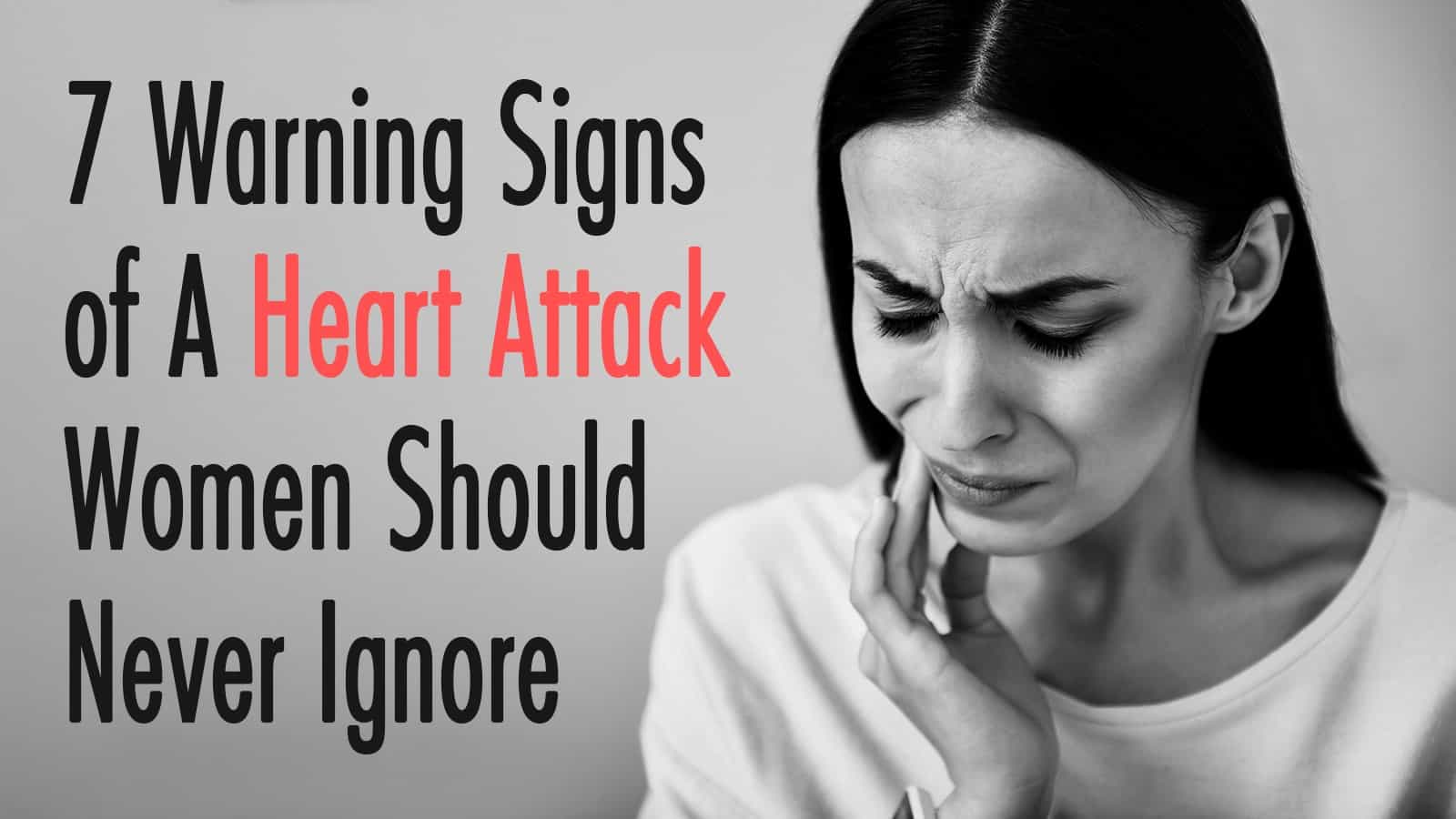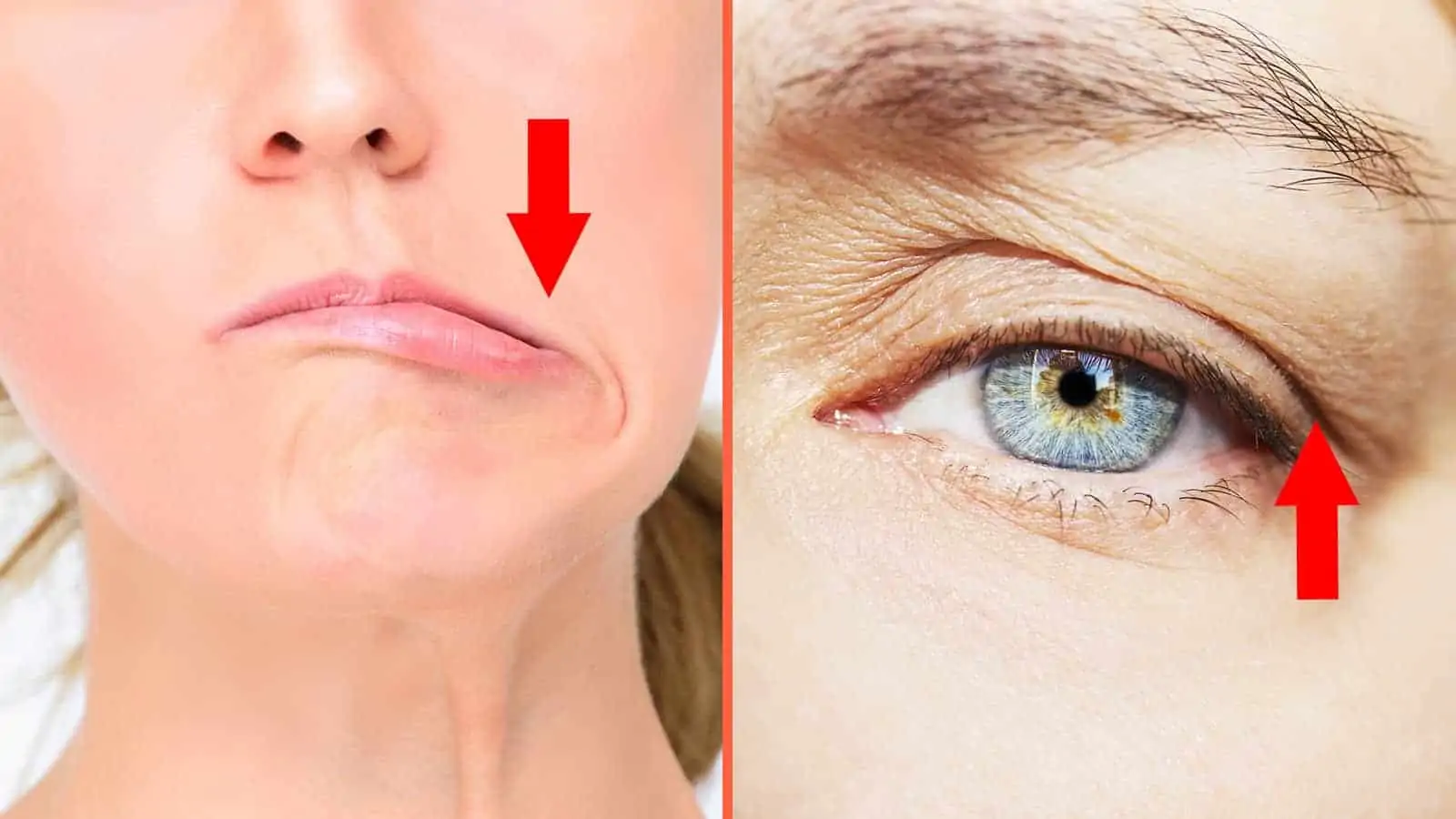Botox is a household name for reducing migraines and reversing the appearance of lines and wrinkles. However, the side effects are something few people talk about. Some are minor; you might expect them, but a few could have you thinking twice before trying it.
Remember, we’re only talking about five of side effects, but there are many more. Some could have a direct correlation to underlying or unrelated illnesses. Other medical conditions could worsen because of neurotoxins.
If you’re interested in trying it for medical or personal reasons, we believe you should know the key Botox side effects before making your decision.
What is Botox?
It’s an injectable neurotoxin derived from bacteria. Also, the same neurotoxin can cause botulism.
There are two common types of Botox injections, but they have the same active ingredient. One is for cosmetic use only, and the other is for medical use. Doctors administer them the same way, but the injection site depends on the underlying condition they treat.
What are Neurotoxins?
These substances affect your nervous system and can cause an array of life-disrupting symptoms. Remember, alcohol is a neurotoxin. Snake venom is too.
Children, elderly, and anyone with a compromised immune system will be more vulnerable to the side effects of neurotoxins. Strong links exist from exposure to neurotoxins and neurobehavioral disorders, like autism and ADHD.
What is Botox Used For
- Migraines
- Cosmetic: anti-aging/anti-wrinkle
- Neck and shoulder spasms
- Excessive sweating
- Lazy eye
- Involuntary eyelid closure
- Overactive bladder
How Does it Work?
It blocks nerve communication at the injection site, which halts your ability to contract your muscles. When muscles can no longer move, they provide the skin with a smoother, wrinkle-free appearance.
Injections might take upward of five days before a patient sees or feels results. One Botox session lasts up to four months, less or more depending on the individual and treated condition.
Who Performs a Neurotoxin Injection Therapy
Any medical doctor can prescribe and inject it. However, dermatologists and plastic surgeons are the will generally have more experience. This can reduce your likelihood of side effects should you choose to use the therapy despite the risks.
Another factor you have to contend with is counterfeit pharmaceuticals, which occurred years ago in the US. It could happen again, so it’s another risk to consider since doctors purchased the fake medication.
5 Botox Side Effects that Raise Concerns
Remember that this is not a complete list. Side effects can occur at any time too. This means your first injection can be symptom-free, but another injection can produce them.
Actual symptoms can vary from injection to injection too. You can have facial paralysis one time and flu symptoms the next.
1. Decreased Emotional Response Due to Facial Paralysis
Botox can make it difficult to laugh, smile, or show other emotions. Issues producing tears can also be present. This is because facial expressions, feedback, and emotion share a common bond.
One study reports a decline in emotional response after doctors treated patients with two popular neurotoxins. This included emotional experience, meaning the level you feel actual emotions. Researchers believe this occurs because of how closely tied facial expression is with human emotions.
Another way to look at the study is to think of a time you were truly happy or excited. Your broad smile becomes contagious, and you grin so hard it hurts, but the pain is good pain. That same smile lifts your mood and those around you.
Say your co-worker received great news. She’s excited, smiling wide. Your response is a blank, frozen stare. You can’t smile back, and you’re not feeling her joy like you should. While you might not experience zero emotions, they’re certainly not normal reactions for you.
These side effects can cause issues with negative emotions too, including events that could provoke empathy, sadness, and anger. Your external reactions might not reflect inner feelings or diminish them altogether.
It’s quite possible endorphins come into play here too. However, when neurotoxins block that ability, it can decrease the experiences you previously felt that facial expressions caused. Keep in mind this symptom could last four to six months.
If you’re strongly pondering injections for cosmetic or migraine reasons, you should consider a common alternative called acupuncture. Early research shows promise for increasing elasticity of facial skin. Acupuncture can alleviate migraine pain too.
Essential oil therapy, including topical application, could also be helpful with few side effects.
2. Botulism Poisoning
Doctors consider this a rare side effect, but it occurred enough that the FDA released a warning statement. After injection, you can have symptoms of botulism poisoning.
Scientists and doctors believe this is because the neurotoxin can travel beyond the injection site. They will recommend you remain upright and not massage or touch the area to avoid spreading it.
Botulism Symptoms
- Difficulty speaking
- Vision disruptions
- Loss of bladder control
- Feeling lethargic
- Difficulty swallowing
- Difficulty breathing
- Tongue feels thick
- Dry mouth
- Drooping eyelids
These require immediate care because botulism poisoning is life-threatening if untreated. Permanent paralysis can also occur.
However, according to the CDC, symptoms might not present at once. They can show anywhere from six hours to 10 days later. These ailments also mimic other non-botulism Botox side effects.
Because it’s a life-threatening condition with possible lifelong paralysis or death, we believe this side effect is one you can’t ignore if you’re considering injections.
Yes, sometimes, the benefits do outweigh the risks. That’s for you and your doctor to decide. Be wary of any medical professional who downgrades the possibility of botulism poisoning. Doctors and scientists still aren’t 100% certain how it happens.
A scarier thought is scientists are considering genetically modifying the bacteria in hopes to reduce poisoning, but the process introduces alarms.
3. Flu-like Symptoms
Fever, chills, body aches, and more might occur. Symptoms can occur within hours to days after the initial injection. The flu-like symptoms can last 3-5 days, depending on the individual. Some cases are persistent.
Flu-like Symptoms Include:
- Fever
- Chills and shivering
- Body aches
- Respiratory tract infection
- Headache
- Cough
- Sore throat
No risk factors exist outside the injection, according to study data. However, 55% of Botox patients report flu-like symptoms to varying degrees.
4. Heart Palpitations, Abnormally High Blood Pressure, and Increased Heart Rate
The connection remains unclear between the heart and neurotoxin injection therapy. However, many studies show patients reporting these symptoms.
More alarming is a simple web search combining heart and the neurotoxin will provide you with real-life people who had adverse effects days after receiving injections, but their doctor ignored their concerns and the side effects.

Think you know the classic signs of a heart attack? They are surprisingly different–and often more fatal–for women.
It is a listed side effect from the insert material and noted in multiple studies.
Using this therapy could be concerning if you already have heart-related illnesses. No study data shows side effects on individuals with cardiovascular illnesses or metabolic syndromes, such as type 2 diabetes. We would include mental illness too, like anxiety, which can have a strong effect on your heart.
5. Neurotoxin Resistance
A doctor will start you on the lowest dose possible. After repeated sessions, you can develop resistance. This will lead your doctor to increase the amount of neurotoxin, which then increases the possibility of other side effects. This includes botulism poisoning.
Resistance can occur at any time, and each person will respond differently.
Natural Alternatives to Try for Wrinkles and Pain
- Facial exercises
- Cupping therapy
- Acupuncture
- Vitamins and minerals
- Essential oils
- Embrace your wrinkles and fine lines
Natural remedies and therapies aren’t without health risks. However, they’re generally less severe or manageable. If you haven’t tried natural medicine to treat your condition, speak with a trained professional or naturopath. They can assist you in discovering more options to treat your ailment.
Final Thoughts on Botox Side Effects
Botox might promise great results for many medical conditions, but it does come at a price with higher than usual risks when compared to natural remedies and other conventional medications. If your concerns are purely cosmetic, the side effects might not outweigh the benefits.
Our goal today wasn’t to ignore the usefulness of neurotoxin injection therapy but to highlight the side effects your doctor might not mention or ignore. During our research, we uncovered patients that felt their doctor disregarded their concerns and side effects. You can find these side effects on the actual packaging too, so patients didn’t invent their symptoms.
If you’ve exhausted every avenue and you’re willing to gamble on the side effects, Botox can be effective for medical and cosmetic use. We feel there will be rare cases where the benefits outweigh the risks, but you should know those risks before injection occurs.



















